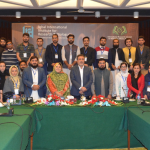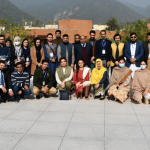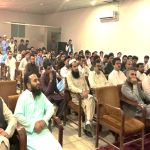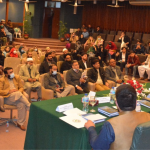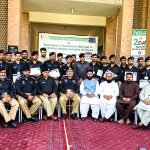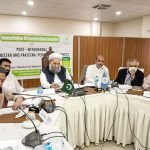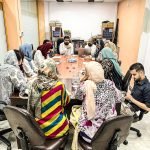
IRCRA
IRCRA was founded in 2013 as a non-profit, non-governmental, think tank and research organization. Since its establishment, IRCRA's mission of preventing, mitigating, and transforming inter and intra-religious, ethnic and social conflicts in Pakistan and in Afghanistan is continued.
Giving / Enquiry
Unit 14, Block 1-D, Quaid e Azam Avenue, Rehmat Plaza, D-Chowk, Islamabad

